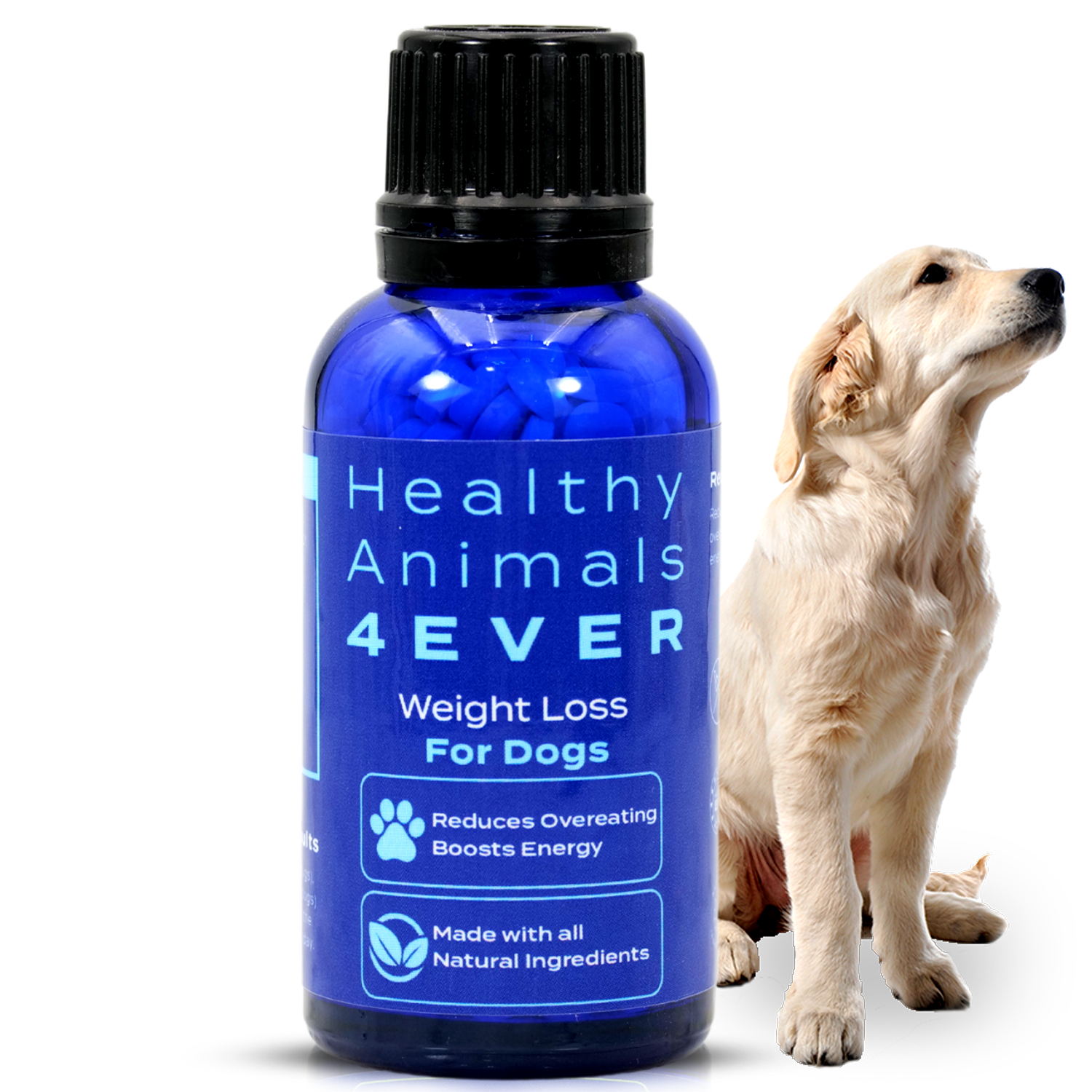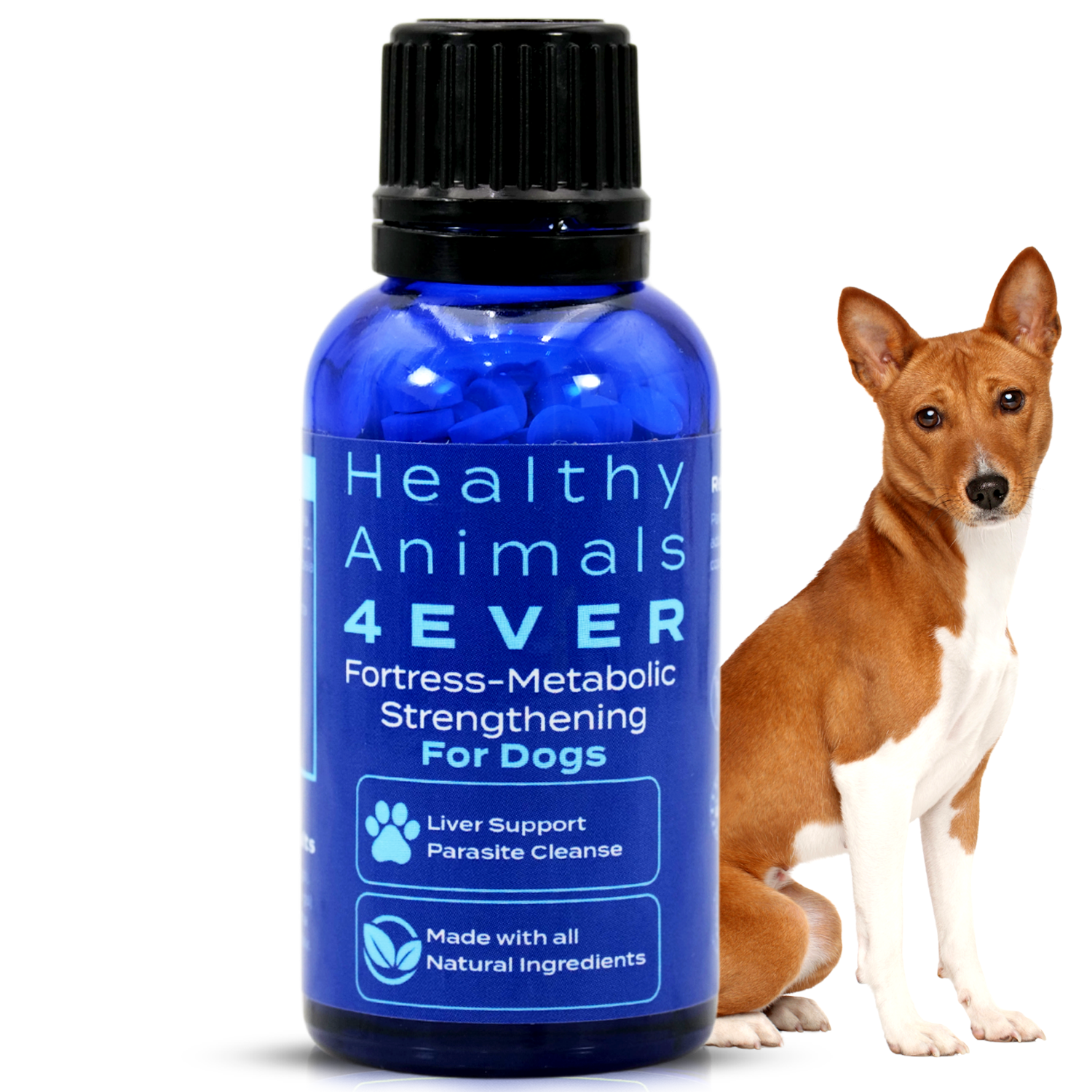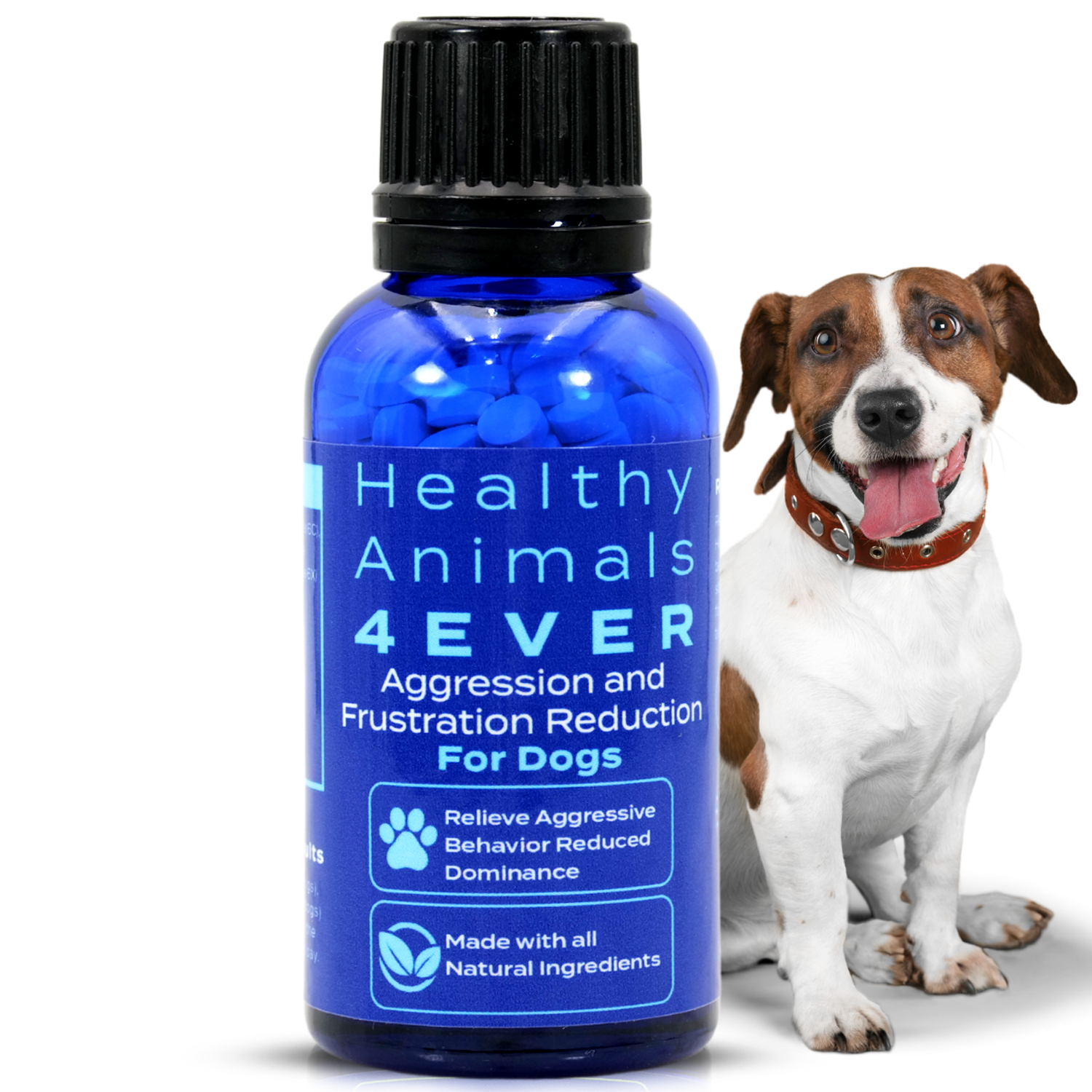CHECK OUT HOW TO BE A GOOD DOG OWNER
Being a pet owner is a big responsibility. However, the rewards that come with it are endless. Taking care of a pet is a special bond that can bring joy and companionship to your life. Whether you’re a first-time pet owner or you’ve been caring for animals for years, it’s essential to understand the basics of being a responsible pet owner.
There are some essential things to consider for buying or adopting a new dog. First and foremost, you should ensure that you have the time and capability to provide the care that a pet requires. Can you provide the necessary nutrition, exercise, and veterinary care? Do you have the time to spend with the pet and give them the attention and love they need?
Once you’ve decided that you’re ready to own a pet, you should research the different breeds to find one that will best fit into your lifestyle. Different breeds have different needs. For example, some breeds require more exercise than others. You should also consider the size of your home and yard, as larger breeds may require more space than smaller breeds.

Check Out Our HealthyAnimals Tips for Being a Good Pet Owner
- Research your pet's breed. Before bringing home a pet, it's essential to research and understand the breed's needs. Different breeds have different health, diet, exercise, and grooming requirements.

- Provide your pet with proper nutrition. Make sure to feed your pet a quality, balanced diet. Consult your veterinarian and a pet nutritionist to determine the best food for your pet.

- Exercise and play with your pet regularly. Exercise is essential for your pet's physical and mental health. Take your pet for regular walks, runs, or trips to the park, and provide plenty of toys and playtime.
- Provide your pet with proper grooming. Groom your pet regularly to keep their coat and nails healthy. This includes brushing, bathing, trimming nails, and checking for parasites.
-
Give your pet plenty of love and attention. Make sure to spend quality time with your pet, such as cuddling, playing, and training.

- Keep your pet's environment clean and safe. Ensure your pet's living area is clean and free from hazards.

- Visit the veterinarian regularly. Make sure to take your pet for regular check-ups and vaccinations with your veterinarian.

- Provide your pet with proper training. Train your pet using positive reinforcement techniques to ensure it understands boundaries and behaves appropriately.

- Provide your pet with mental stimulation. Mental stimulation is just as important as physical exercise for your pet's well-being. Offer your pet puzzles and interactive toys to keep them mentally engaged.

-
Have your pet spayed or neutered. Having your pet spayed or neutered can help reduce the risk of specific health problems and prevent unwanted pregnancies.

- Consider enrolling your pet in obedience classes. Obedience classes can help you and your pet learn to communicate and build a strong bond.

- Be aware of your pet's behavior. Pay attention to your pet's behavior and look for any signs of stress or illness.
- Provide your pet with ID tags and microchipping. Make sure to provide your pet with identification tags and consider microchipping it in case it ever gets lost.

- Socialize your pet. Introduce your pet to other animals and people in a safe and controlled environment to help it become comfortable with new situations.

- Respect your pet's boundaries. Be mindful of your pet's boundaries, and don't force it to do anything it is uncomfortable with.
- Remember dental care. Good oral hygiene is vital for your pet's health. Brush your pet's teeth regularly and take them to the veterinarian for regular check-ups.

- Don't take your pet to places it isn't allowed. Check before bringing your pet to any public place to ensure that animals are allowed.

- Don't leave your pet alone for long periods. Make sure to limit the time your pet is left alone and consider finding a pet sitter or daycare if necessary.
- Don’t forget about flea and tick protection. Make sure to use an appropriate flea and tick prevention product to protect your pet from parasites.

- Remember pet insurance. Consider getting pet insurance to help protect you and your pet from unexpected veterinary bills.

- Family circumstances.Dogs and children usually love each other and get on well, but don't mistake buying a young puppy for a small child. Young children can be cruel, and a puppy may be badly thrown about. Worse, a young pup's bones may easily break if a child treats them like toys. Wait until the children are older and a little more responsible.
You might also like the following:

Being a good pet owner is an enriching experience. Not only do you get to enjoy the company of a loyal and loving companion, but you are also providing your pet with the best care possible.
Pet owners also have a responsibility to their community. They must ensure their pets are well-groomed and well-behaved and that they are not a nuisance or a danger to the public. They should also practice responsible pet ownership by ensuring their pet is always on a leash in public and is up to date on vaccinations and parasite control treatments. Furthermore, pet owners should be educated on the local laws and regulations regarding pet ownership and take the necessary steps to abide by them.

The benefits of being a good pet owner are numerous for the pet. Firstly, they will receive all the necessary nutrition, exercise, and medical care to stay healthy and happy. Secondly, they will have a safe and comfortable home environment with plenty of toys and stimulation to keep them entertained. Finally, they will have a loving and attentive companion who will provide them with companionship and support.
For the pet owner, the benefits are just as great. Not only do they get to experience the joys of pet ownership, but they also get to form an incredibly close bond with their pet. Additionally, having a pet can reduce stress, improve mental well-being, and help keep you physically active.

Benefits for the Owner:
- Companionship - A pet can provide a great source of companionship and unconditional love.

- An increased sense of purpose - Caring for a pet can give an individual a greater sense of purpose, making them feel needed and appreciated.
- Improved mental health - Studies have shown that pet ownership can reduce stress, anxiety, and depression, as well as help to improve overall mental health.
- Increased physical activity - Regular walks with a pet can help increase an individual's physical activity levels, which can benefit their physical and mental health.

- Improved social life - Owning a pet can help to increase an individual's social life, as they may be more likely to meet new people while walking their pet or attending pet-related events.

- Increased self-esteem - Taking the time to care for a pet can help to boost an individual's self-esteem, as they feel a sense of accomplishment in providing a good home for their pet.
- Reduced risk of heart disease - Pet owners have been found to have a lower risk of developing heart disease than those without pets due to pet owners' physical and emotional benefits.
- Increased sense of security - Pets can provide increased security by deterring potential intruders or burglars.
The bottom line
Being a good pet owner provides numerous benefits for the pet and the owner. Pets that are well-cared for receive love and companionship, proper nutrition, adequate exercise, regular veterinary care, a safe and comfortable environment, proper grooming, training and socialization, and opportunities for bonding.
Owners benefit from companionship, a greater sense of purpose, improved mental health, increased physical activity, improved social life, increased self-esteem, reduced risk of heart disease, and increased security.
Being a good pet owner can be incredibly rewarding for both the pet and the owner and can lead to a solid and lasting bond between them.











